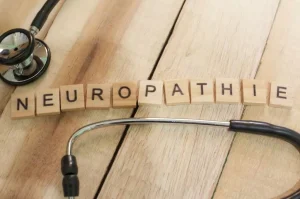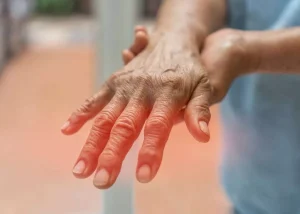
This website does not recommend or endorse any specific tests, physicians, products, procedures, opinions, or other information that may be mentioned on the Site. Reliance on any information provided by this website is solely at your own risk. If you have a sibling or parent with AUD, then you are three or four times more likely than average to develop the disorder. Some people with family histories of AUD choose to abstain from drinking since this is a guaranteed way to avoid developing alcohol dependence. If you are concerned about your drinking, speak with your doctor. With this type of alcohol withdrawal, you may not realize that what you see, hear, feel, or smell isn’t real.
Get Help With Alcohol Addiction
This creates a state of temporary confusion and leads to dangerous changes in the way your brain regulates your circulation and breathing. The body’s vital signs such as your heart rate or blood pressure can change dramatically or unpredictably, creating a risk of heart attack, stroke or death. But as an addictive drug, alcohol can cause a chronic medical condition called alcohol use disorder (AUD). Getting help early from your loved ones helps prevent relapse. Symptoms occur in three stages, with the first symptoms typically appearing within 8 to 10 hours after your last drink if you have severe AUD.
Individual Physiology and Health Conditions
However, there is always hope and the potential for a healthier well-being and a more enriching life. While physical withdrawal symptoms start to subside, psychological withdrawal symptoms will start to emerge. Since alcohol is a depressant, your body becomes overstimulated as soon as you stop drinking, leading to feelings of anxiety, restlessness, and irritability. This restlessness may also make it difficult to fall asleep or stay asleep. Most alcohol abusers who are having cutting back on alcohol symptoms withdrawal symptoms have a shortage of several vitamins and minerals and can benefit from nutritional supplements. In particular, alcohol abuse can create a shortage of folate, thiamine, magnesium, zinc and phosphate.
Support Groups

If you’re given this type of medication, you’ll need to be closely monitored. Once you leave an inpatient program, you’ll be connected to resources you can continue to use, such as support groups or doctors or therapists in your area. For women, heavy drinking means four or more drinks on any day or eight or more drinks per week.
What Is Alcohol Withdrawal?

For people at low risk of complications, an office visit to your primary care provider, along with at-home monitoring and virtual office visits, may suffice. People at high risk of complications should enter a short-term in-patient detox program. You don’t need to be diagnosed with alcohol use disorder in order to quit drinking.
Symptoms of Alcohol Withdrawal

Seek medical help right away if you have alcohol hallucinations. Tell your family, friends, or others if you plan to quit drinking or are going through a withdrawal. Ask someone you trust to help you challenge negative Substance abuse thoughts.
- Thus, staying hydrated is crucial to not only hydrate your body but to flush out toxins.
- These first few weeks are critical because they are when the risk of relapse is highest.
- For mild alcohol withdrawal that’s not at risk of worsening, your provider may prescribe carbamazepine or gabapentin to help with symptoms.
- Many times these plans combine therapy, medication, and follow-up visits.
- If you have alcohol use disorder and want help, a healthcare provider can guide you to resources and rehabilitation programs to help you quit.
- It can last two to three days with varying levels of intensity.